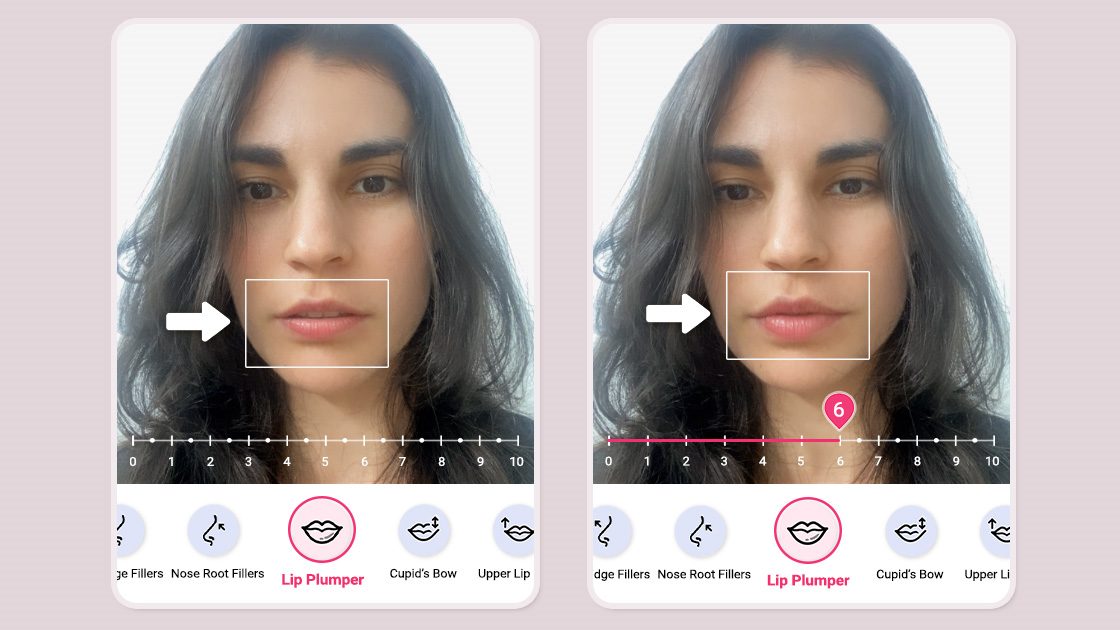

As we approach 2025, the healthcare industry continues to undergo a dramatic digital transformation, with innovative technologies reshaping how care is delivered, documented, and experienced. From artificial intelligence-driven diagnostics to virtual reality rehabilitation, healthcare providers are embracing cutting-edge solutions that promise to improve patient outcomes while reducing costs and administrative burden.
AI-Powered Diagnostics and Treatment Planning
Artificial intelligence is revolutionizing medical diagnosis and treatment planning. Machine learning algorithms are now capable of analyzing medical imaging with unprecedented accuracy, often detecting subtle abnormalities that human observers might miss. These AI systems are becoming increasingly sophisticated in predicting patient outcomes and recommending personalized treatment protocols based on vast databases of clinical data and genetic information.
Virtual and Augmented Reality in Medical Training
Medical education is being transformed through virtual and augmented reality technologies. Medical students and residents can now practice complex procedures in risk-free virtual environments, while surgeons can rehearse challenging operations using patient-specific 3D models. These immersive technologies are proving particularly valuable in specialized surgical training, where traditional learning opportunities might be limited.
Virtual Scribes and Documentation Automation
One of the most significant developments in healthcare administration has been the emergence of virtual scribes powered by remote offshore doctors to avoid burnout. These assistants are revolutionizing medical documentation by remotely generating clinical notes from doctor-patient conversations. Using sophisticated voice recognition and medical terminology understanding, virtual scribes can transcribe, organize, and structure medical information, allowing healthcare providers to focus more on patient care and less on paperwork. Early adopters of Voice Products Virtual Scribes report significant improvements in physician satisfaction and productivity, with some facilities seeing up to a 40% reduction in documentation time.
Remote Patient Monitoring and IoT Integration
The Internet of Medical Things (IoMT) is expanding rapidly, with smart devices and wearables becoming increasingly sophisticated in monitoring patient health metrics. From continuous glucose monitors to smart clothing that tracks vital signs, these devices are enabling healthcare providers to monitor patients remotely and intervene proactively when concerning trends emerge. This technology is particularly transformative for managing chronic conditions and reducing hospital readmissions.
Blockchain in Healthcare Records
Blockchain technology is gaining traction in healthcare for its potential to secure and streamline medical records management. This distributed ledger technology offers a solution to the longstanding challenge of sharing patient data securely across different healthcare providers while maintaining privacy and regulatory compliance. Early implementations show promising results in reducing data breaches and improving interoperability between healthcare systems.
Personalized Medicine Through Genomics
Advances in genomic sequencing and analysis are making personalized medicine more accessible and effective. Healthcare providers can now tailor treatments based on a patient’s genetic profile, leading to more precise and effective interventions. This approach is particularly impactful in oncology, where genetic information can guide the selection of targeted therapies.
5G-Enabled Healthcare Services
The widespread deployment of 5G networks is enabling new possibilities in telemedicine and remote procedures. High-speed, low-latency connections are making remote surgery more feasible and improving the quality of virtual consultations. This technology is particularly transformative for rural healthcare delivery, where specialist access has traditionally been limited.
Mental Health Technology
Digital mental health solutions are becoming more sophisticated and accessible. AI-powered chatbots provide 24/7 support for mild mental health concerns, while virtual reality exposure therapy offers new treatment options for anxiety disorders and phobias. These technologies are helping address the growing demand for mental health services while reducing stigma and barriers to access.
Robotic Process Automation in Healthcare Administration
Healthcare organizations are increasingly adopting robotic process automation (RPA) to streamline administrative tasks. From appointment scheduling to insurance verification, these systems are reducing errors and freeing up staff time for more valuable patient-centered activities. The integration of RPA with AI is creating even more powerful tools for healthcare management.
Quantum Computing Applications
While still in its early stages, quantum computing is showing promise in drug discovery and molecular modeling. This technology’s ability to simulate complex molecular interactions could dramatically accelerate the development of new treatments and personalized medicine approaches. Early partnerships between healthcare organizations and quantum computing companies are already yielding interesting results.
As we move further into 2025, these technological innovations are not just improving healthcare delivery but fundamentally changing how we think about medicine and patient care. The challenge for healthcare organizations will be to implement these technologies thoughtfully, ensuring they enhance rather than complicate the healthcare experience for both providers and patients. Success will require careful attention to user experience, data security, and the maintenance of the human element in healthcare delivery.








